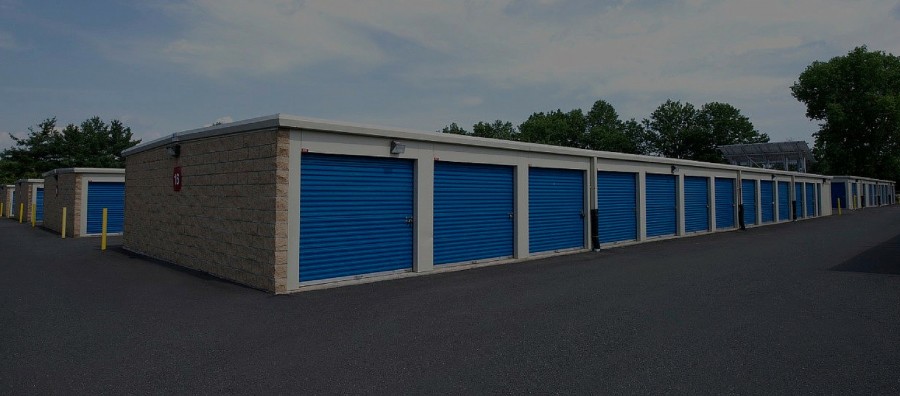
One shouldn’t overlook other sectors, however. It’s not only fascinating to see the similarities and differences in other real estate markets, but looking over the fence and learning about other sectors can help you better understand and appreciate your own.
For example, take self-storage. My colleague Nick Malagisi is the national director of self-storage for Sperry Van Ness. He’s a 35-year veteran of the industry, managing a large territory that includes Canada.
Now that we’re working together, I have a better appreciation for his industry and can see many ways apartments and self-storage units can work together for improved investments.
Putting our expertise to work
Just as we’ve done at Rock Advisors, Malagisi has applied his expertise on all aspects of the self-storage process. He’s conducted feasibility studies for clients, acted as an expert witness, helped launch developments and brokered many deals for satisfied buyers and sellers.
“I’ve made it a career,” Malagisi told me earlier. “I got hired by the industry leader and I’ve seen the sector evolve into the billion-dollar industry it is today. I’ve seen new developments take hold, including clean environment storage, multi-storage, the lot.”
Unlike apartments, Malagisi tells me, self-storage often represents a passive use of a piece of property, requiring little management except to ensure stored items are kept safe and secure.
Still, like apartments, self-storage is about fulfilling the needs of people. We both play a major part in people’s lives because apartments and self-storage handle renters’ prized possessions.
A recession-resistant industry
Malagisi told me that, like apartments, self-storage is recession-resistant.
“The industry as a whole came out much quicker in the United States from the recession. There was an 18-month cycle as customers dealt with losing their jobs. But once we were through, the industry recovered quicker than any other segment other than apartments.”
The reason for that recovery is similar to the recovery that purpose-built rental apartments saw following the 2008 recession. People need a place to live, in good times as well as bad. And people need storage, in good times as well as bad.
Indeed, the demographic changes causing millennials to turn away from large houses in the suburbs for smaller apartments in city centres is helping to boost self-storage business. Self-storage units become the storage rooms, the basements and the crawl spaces for apartment dwellers to store away their Christmas decorations, kids’ winter and summer clothing, and other important keepsakes.
An industry of innovation
“People over the years have found ways to use storage that developers never conceived of,” Malagisi told me. “They use it for recreation, for business and for in-between moves. People that ski can’t put their ski equipment in their apartments, so they literally rotate their playthings, whether it’s fishing gear or hockey equipment.
“The industry still caters to people who need to move around a lot, whether it’s a job-related or loss-of-job-related move. We cater to kids heading off to college to 80-year-olds ready to move on and sell their homes. The range of people and age groups is really most sectors of life.”
Malagisi notes that, especially in the U.S., military families make much use of self-storage units. You never know when you may get the call but, when you do, self-storage units will keep your prized possessions safe until you get home.
Bringing it all together
More and more, real estate investments are moving beyond small niches. You’re seeing more mixed-use developments in cities that combine residential space with retail space, and anybody who invests in an apartment building but not a self-storage lot for tenants leaves money on the table. Of course, it’s very hard to find a broker who knows it all.
This is why, in an environment like SVN, with a program of compensated cooperation, buyers and sellers can benefit from a number of different brokers who together provide expertise throughout the entire real estate market.
Brokers who specialize bring passion for their specialties. Brokers who cooperate combine those passions, helping buyers and sellers reap the best returns for their investments.
Derek Lobo is the chief executive officer at SVN Canada Inc., with more than a quarter-century of experience in helping investors make the most out of building, buying, selling and renovating purpose-built rental apartment buildings. You can learn more about SVN Canada Inc. at its website: www.sperryvanness.ca.

